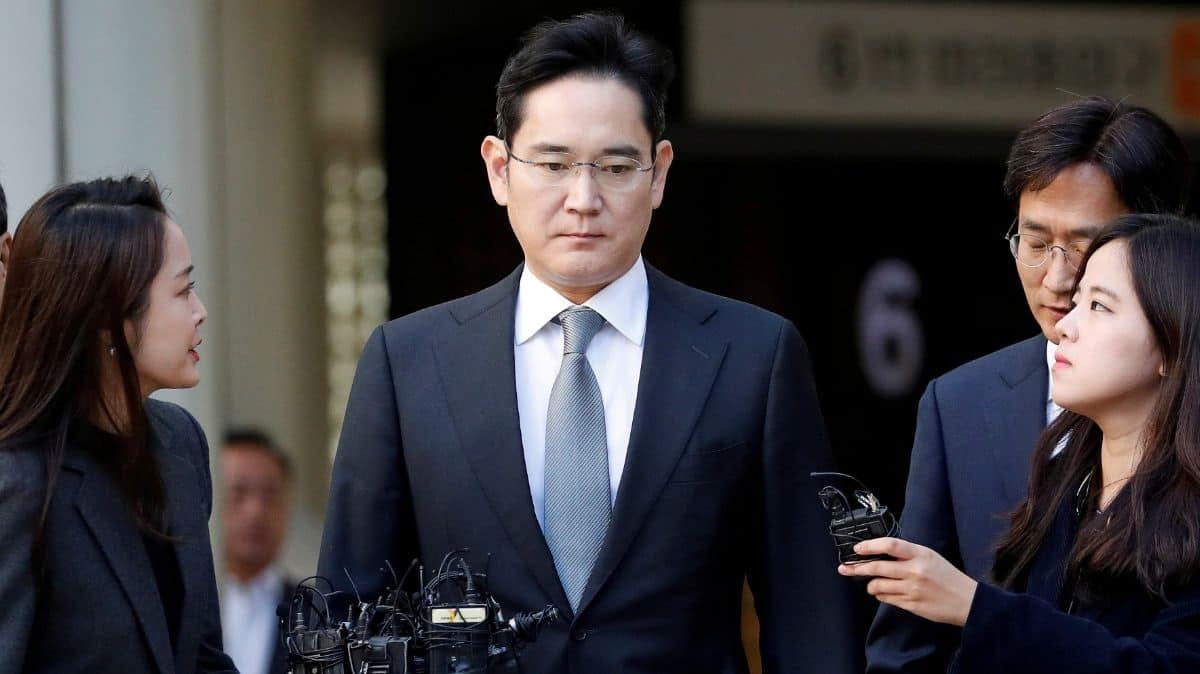
Samsung's trouble deepen as its chief faces 5-year jail term
What's the story
South Korean prosecutors have sought a five-year prison term and a fine of KRW 500 million ($375,000) for Samsung's chief, Jay Y. Lee. The appeal was filed on Monday after Lee and 13 ex-Samsung executives were initially acquitted. They were earlier cleared of charges of stock price manipulation and accounting fraud associated with a 2015 merger of Samsung subsidiaries. This comes as Samsung faces challenges in leveraging the demand for artificial intelligence (AI) server chips and declining profits.
Accusations
Prosecutors allege damage to capital market's foundation
The prosecutors contended that Lee's actions had compromised the capital market's bedrock for the group's succession. They added, "The ruling in this case will serve as a reference point for restructuring chaebol companies and accounting in the future." 'Chaebol' denotes large, family-owned business conglomerates in South Korea. The prosecutors also cautioned against leniency, as it could result in future mergers being done illegally and hastily without second thoughts.
Defense
Lee's defense and previous indictment
In November 2023, prosecutors had requested a similar sentence for Lee over charges of violating the Capital Market Act in connection with an $8 billion merger of Samsung affiliates in 2015. They had claimed that the merger enabled Lee's takeover of the Korean electronics giant. However, Lee had denied the allegations during the hearing and insisted that the merger process was within standard operational procedures for Samsung.
Past charges
Previous indictment and charges against Lee
In September 2020, Lee, then Vice-Chair of Samsung Electronics, was indicted along with other ex-Samsung executives. They were accused of pushing the merger of Cheil Industries with Samsung C&T to gain control over Samsung's management in 2015. Additional charges included inflating the stock price of Cheil and Samsung C&T and fraudulent accounting at Samsung Biologics. The prosecution claimed these were part of a strategy to help Lee solidify his control over management rights.